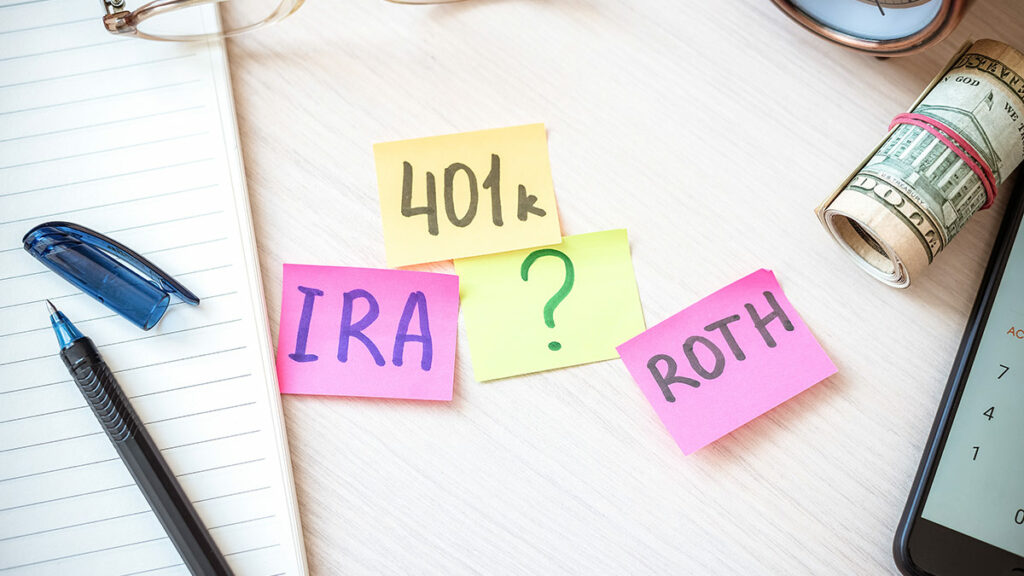Five Great Things to Know About IRAs

IRAs can be a powerful tool to lower taxes all while saving for retirement or other predetermined uses. Here are five fairly unreported things to know about IRAs.
- A nonworking spouse can have an IRA. If your spouse doesn’t work, you may still be able to open and contribute to an IRA for your spouse, assuming that you work and file a joint tax return. This can be a great way to help reduce your taxable income each year.
- Even children can have IRAs. If your child has earned income, you can open and contribute to an IRA. Just ensure you can document the earnings. While your child can contribute their own earnings, many parents will help keep track of things like babysitting money, then match those earnings in either a traditional or ROTH IRA. Often the ROTH IRA is preferred because the future earnings could be tax free! Your child’s IRA is managed by an adult until the child is old enough for the account to be transferred to their name.
- You may still contribute to an IRA if you have a 401(k) or similar program at work. As long as you do not exceed the income limits, it is ok to have both an IRA as well as other forms of retirement savings plans. It’s simply important to know your options and plan accordingly.
- Non-deductible contributions may be made. If you exceed IRA income phaseouts, contributions to your IRA may not reduce your taxable income for the year. But you may still want to make after-tax contributions to a non-deductible IRA. Remember, while you are taxed on the contributions to a non-deductible IRA, the earnings can still grow tax-deferred.
- It’s not just for retirement. With traditional IRAs, if you withdraw funds before the age of 59 1/2 you may be subject to income tax AND an early withdrawal penalty. But there are exceptions to this rule. These include withdrawals for a first time home purchase, major medical bills, college costs, birth/adoption, and many others. Also, there are some options for tax free withdrawals to consider. However, it is important to know the rules BEFORE you withdraw the funds.
Tax rules surrounding IRAs are vast and complex. But within the rules are numerous situations that if you know they exist, can help you plan for a more tax-efficient future.




